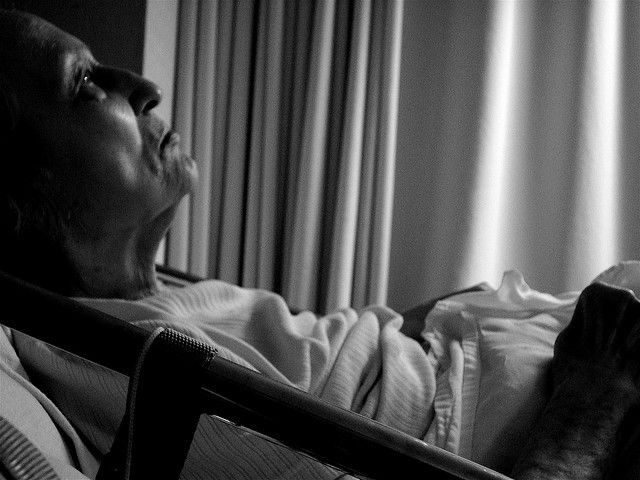Florida Begins Statewide Privatized Medicaid Managed-Care Plan, While AARP Expresses "Many Doubts" About Change

Florida's statewide experiment to transfer all of its Medicaid beneficiaries to a privatized managed-care system began on Thursday, with about 9,300 people in need of long-term care — the majority of them seniors — taking the plunge.
They will be the first to move from various types of Medicaid to a privatized system consisting of only a handful of providers. By doing so, advocates of the program say that it will be easier to control costs and improve quality by minimizing the number of providers, which has grown increasingly with little oversight, according to USA Today.
"We're almost not believing it's here," Liz Dudek, secretary of the Agency for Health Care Administration, which oversees the Medicaid program, told Kaiser Health News.
The program was originally passed in 2011, but federal officials didn't approve of the changes until earlier this year. The plan was met with controversy as many Florida lawmakers and residents worried if patients would get the care they needed.
"We want reform to succeed, but we have many doubts about it," said Jack McRay, advocacy manager for AARP Florida.
The state had to ensure that older and disabled beneficiaries would get the care they needed as the changes went into effect. Under the new program, their transition is made a little easier, since they'd be allowed to continue services from their existing providers for 60 days before they would have to use another provider. Those undergoing the transition would also be given "choice counseling" in order for them to better understand the range of choices they have for managed-care plans, which can offer different benefits.
Under the new system, the state will send Medicaid funds to insurance companies. These companies will then pay the providers, according to WFSU. Before the system, states paid doctors and hospitals directly, with little monitoring or oversight, which led to financial fraud. In addition to this, the lack of structure led quality care standards to be misreported, making it difficult for experts involved with contract requirements and data collection to compare states and evaluate whether patients' health has improved.
"The quality of the monitoring and the quality of the managed care really varies from state to state," Joan Alker, co-executive director of the Center on Children and Families at Georgetown University who studies health policy, told USA Today. "This is important because we want to have accountability for our taxpayer dollars. These are very vulnerable populations and sometimes not getting the services they need is a matter of huge import."
The plan will expand on a rolling basis, starting with Brevard, Orange, Osceola, and Seminole Counties. By March 2014, all counties in the state will be integrated.
Published by Medicaldaily.com



























